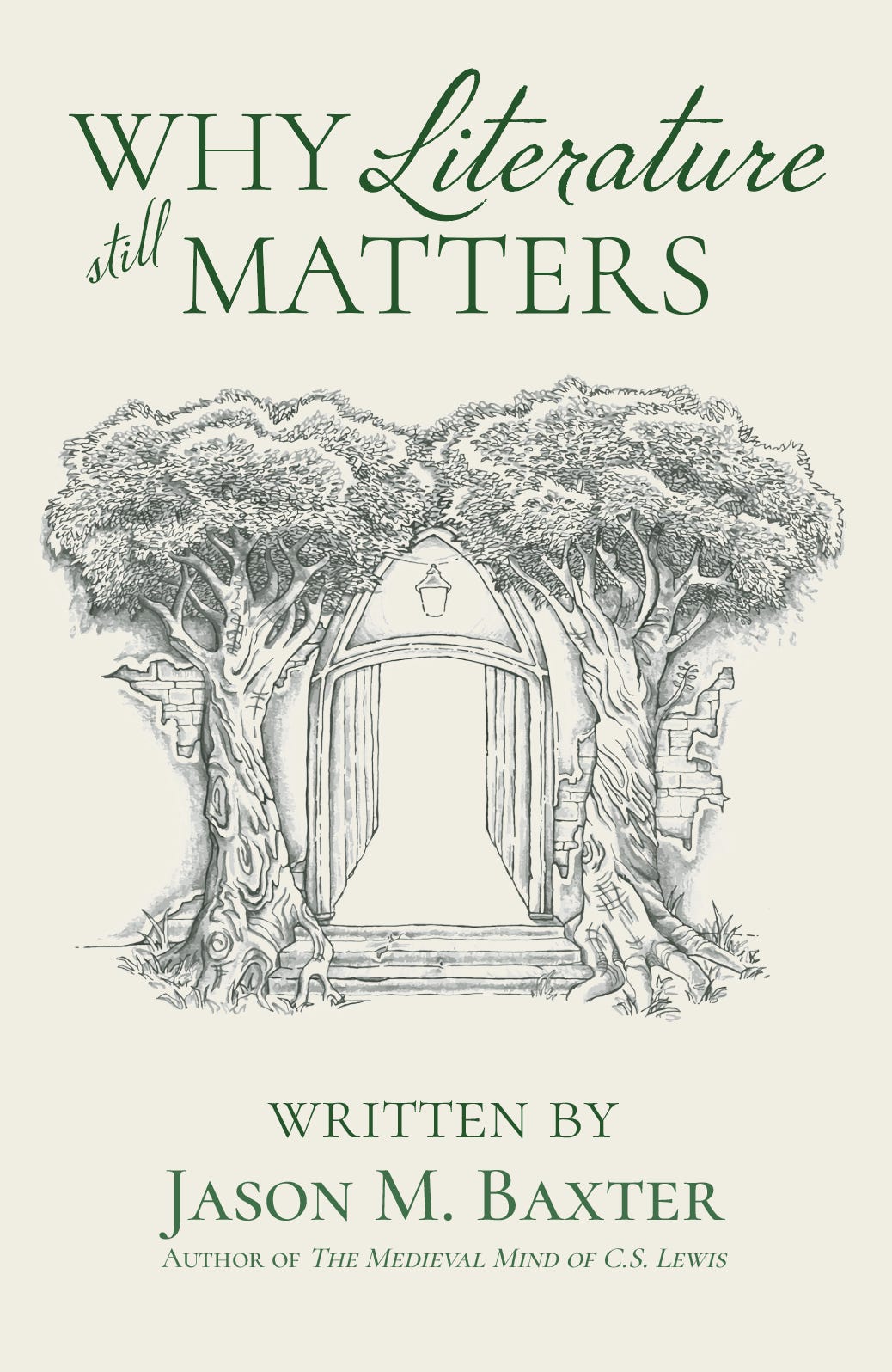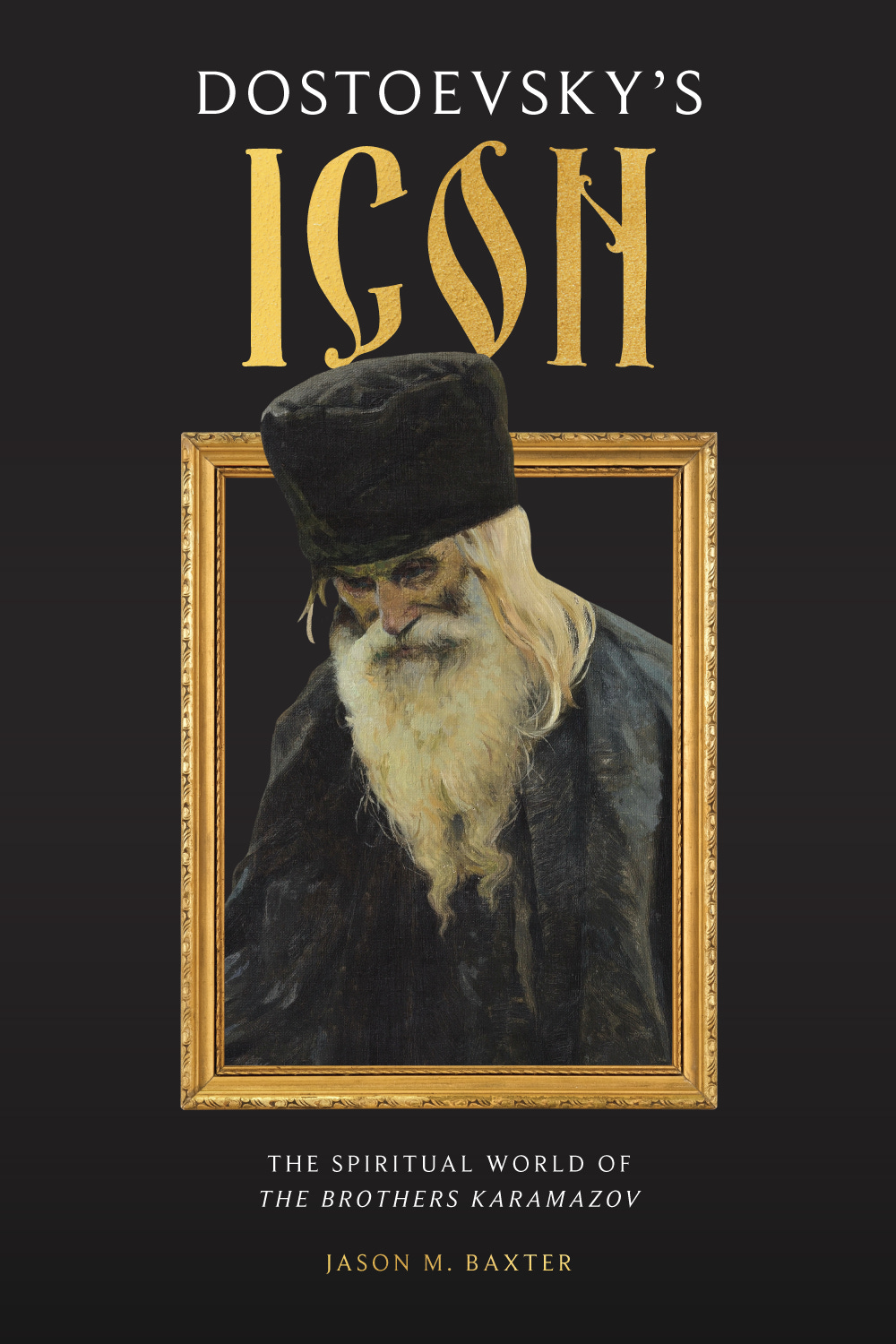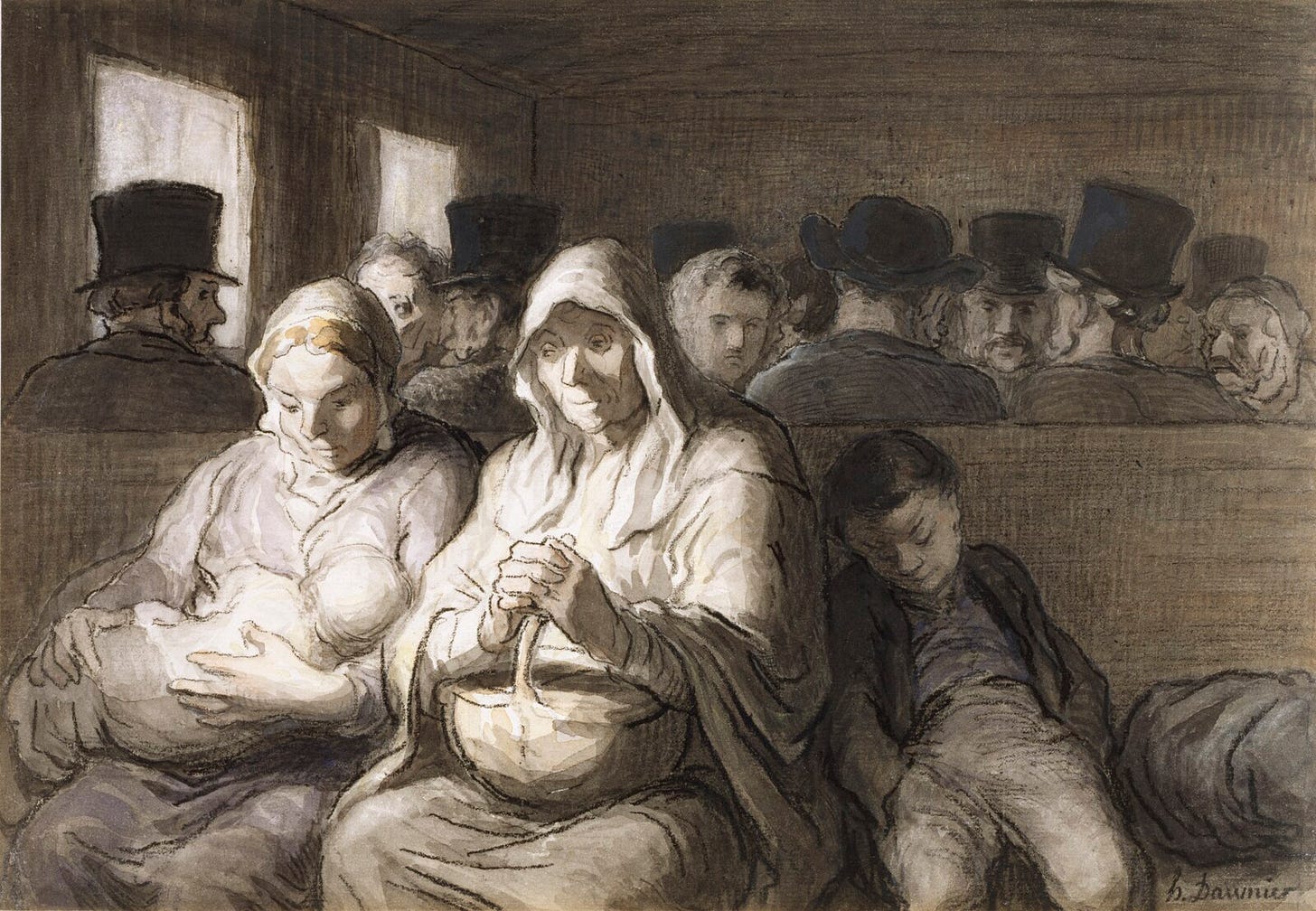Over the course of Summer 2025, I’m going to be writing about some of the concepts in this lecture. If you’d like to stay informed, then you can subscribe here:
For the concept of supermodernity: Marc Augé, Non-Places: An Introduction to Supermodernity (Verso, 2023,).
Jonathan Haidt, The Anxious Generation (2024).
Nicholas Carr, Superbloom: How Technologies of Connection Tear us Apart (2025).
Anton Barba-Kay, A Web of Our Own Making: The Nature of Digital Formation (Cambridge University Press, 2023).
Sherry Turkle, Alone Together: Why We Expect More from Technology and Less from Another (2017).
Robert Putnam, Bowling Alone: The Collapse and Revival of American Community, revised and updated (2020).
Geert Lovink, Sad by Design: On Platform Nihilism (2019).
Iain McGilchrist, “Quanity Kills”: “There are a lot of senses in which the title of this piece applies. Excess, of course, ruins everything, whether it be mining or tourism, sun or wine. Quantity always affects quality – it’s so obvious when you think about it; yet we continue to act as though if something is good, more of it will be better.”
Nir Eyal, Hooked: How to Build Habit-Forming Products (2014).
— Indistractable: How to Control Your Attention and Choose Your Life (2019).
Jason M. Baxter, Why Literature Still Matters.
David Crystal, “On Shrinking Words.”
For species extinction, see “Half the Tree of Life” (Guardian, June 2025) and Paul Kingsnorth, “Life vs. the Machine” (Orion, 2019).
Tung-Hui Hu Digital Lethargy (2022).
Maybe you’ve glanced down at your phone and caught yourself scrolling mindlessly through a list of friends, rather than choosing to connect with any of them. Maybe you suddenly feel you’ve run out of words in a world where you are free, even expected, to express yourself, and all you can come up with is three letters: “lol.” Maybe a job lead arrives but you find it easier to click away the hours at your current gig than think about your future. There’s a recalcitrant set of feelings here—of being passive, or wanting to disassociate and be anyone but yourself, or avoiding decisions—that I call digtatal lethargy (vii).
—According to Hu, “being yourself” has now become fatiguing. Why? Hu thinks that this lethargy, this psychic exhaustion is the long-term effect of us being “always on as far as technology is concerned, even if you think you’ve logged off” (viiii).
—be whatever self you want to be, as long as “you contin[ue] to click and choose, that is.”
“Today, the disengaged, lethargic user is ‘treated’ by algorithms that prod the user into individuating themselves through a stream of clicks, or by social networks that remind the user of opportunities missed, or by trackers and sensors” (viiii).
—Given that we have “smartphones that clamor for our attention, an endless stream of emails and texts to answer and pictures to respond to” there is a “leakage of work into the home and into private life” (ix).
“Job coaches similarly advise white-collar job seekers to develop ‘culturally-accepted hobbies,’ such as biking or photography, in order to fashion a better sense of oneself as a personal brand” (ix).
Brothers Karamazov Fyodor Dostoevsky has a character, known as the Mysterious Visitor, prophetically proclaim that a key component of modernity was this fragmented loneliness. The world has entered into what he ominously called a “period of isolation” (BK, 426):
“Why, the isolation that prevails everywhere, above all in our age—it has not fully developed, it has not reached its limit yet. For every one strives to keep his individuality as apart as possible, wishes to secure the greatest possible fullness of life for himself; but meantime all his efforts result not in attaining fullness of life but self-destruction, for instead of self-realization he ends by arriving at complete solitude. All mankind in our age have split up into units, they all keep apart, each in his own groove; each one holds aloof, hides himself and hides what he has, from the rest, and he ends by being repelled by others and repelling them. He heaps up riches by himself and thinks, ‘How strong I am now and how secure,’ and in his madness he does not understand that the more he heaps up, the more he sinks into self-destructive impotence. For he is accustomed to rely upon himself alone and to cut himself off from the whole; he has trained himself not to believe in the help of others, in men and in humanity, and only trembles for fear he should lose his money and the privileges that he has won for himself. Everywhere in these days men have, in their mockery, ceased to understand that the true security is to be found in social solidarity rather than in isolated individual effort. But this terrible individualism must inevitably have an end, and all will suddenly understand how unnaturally they are separated from one another” (BK).
You can pre-order a signed copy of Dostoevsky’s Icon, here (to be released in Fall 2025).
Honoré Daumier’s Third-Class Carriage (1862-64):
And yet, despite all the magic of modern industrial order, Dostoevsky thought he heard a secret “desperate yearning, born of despair,” even if, he added, the locals grew indignant if you expressed any doubt that “everything is as it should be.”
“The Exhibition is indeed amazing,” he reported after he had visited London. “You feel the terrible force which has brought these innumerable people, who have come from the ends of the earth, all together into one fold; you realize the grandeur of the idea; you feel that something has been achieved here, that here is victory and triumph. And you feel nervous. However great your independence of mind, a feeling of fear somehow creeps over you. Can this, you think, in fact be the final accomplishment of an ideal state of things? Is this the end, by any chance?”[4]
Vladimir Soloviev, “A Short Tale about the Antichrist,” in 1900.
[1] Fyodor Dostoevsky, The Brothers Karamazov, trans. Constance Garnett (Word on Fire Classics, 2025), 426. All quotations of BK throughout the book are from this edition.
[2] Winter Notes on Summer Impressions, trans. Kyril Fitzlyon (London: Alma Books, 2016), 44.
[3] Winter Notes, 44.
[4] Winter Notes, 45.




